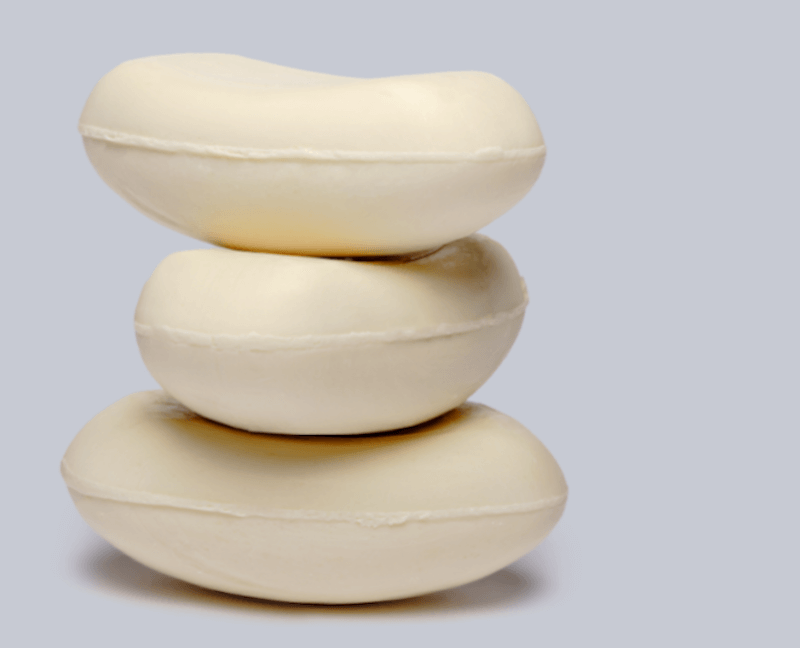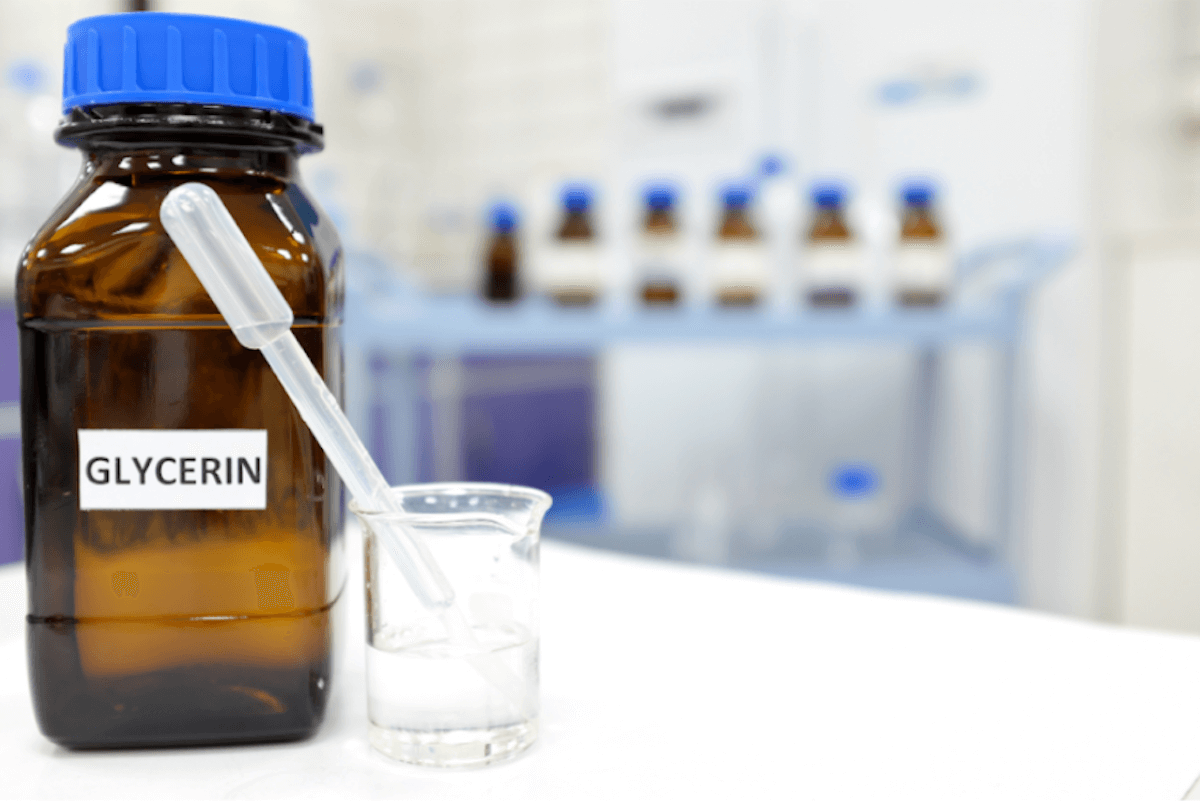Glycerin in Chemical Manufacturing
Glycerin, also known as glycerol, is a colorless, odorless, and sweet-tasting liquid. Its molecular formula, C3H8O3, consists of three hydroxyl (OH) groups, making it a trihydric alcohol. Glycerin is produced through various methods, with the most common being the saponification of fats and oils. During this process, fats are hydrolyzed into fatty acids and glycerin. Alternatively, synthetic routes can be employed to manufacture Glycerin from propylene or glucose. Glycerin’s unique chemical structure lends itself to a wide array of applications.
Uses of Glycerin
Pharmaceutical and Cosmetic Applications
Glycerin plays a pivotal role in pharmaceuticals and cosmetics due to its moisturizing properties. It’s widely used in skincare products, as it helps maintain skin hydration by drawing and retaining moisture.
Food Industry
In the food industry, Glycerin is utilized as a humectant, preventing food products from drying out. It is also employed as a sweetener in sugar-free and reduced-calorie foods.
Industrial Applications
Glycerin serves as a crucial component in various industrial processes. It’s utilized as an antifreeze in hydraulic systems, a lubricant, and a plasticizer in plastics and resins.

Biofuel Production
The demand for alternative fuels has led to Glycerin’s use in biodiesel production. When triglycerides are transesterified to create biodiesel, Glycerin is produced as a valuable byproduct.
Oleochemicals - Types of Glycerin
Glycerin 85% Min., Crude
Glycerin 99.7%, USP Kosher
At Daxx, we are a global sourcing solutionist for Glycerin. We are dedicated to discovering uncharted paths and novel partnerships in situations others might overlook or avoid. Serving as your worldwide chemical collaborator, DAXX excels in managing supply chains, sourcing, blending, and distribution, ensuring top-notch expertise. Contact us for any supply chain management, sourcing, custom blending, or distribution excellence.




